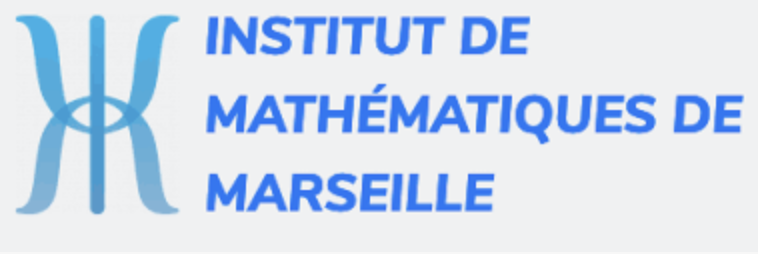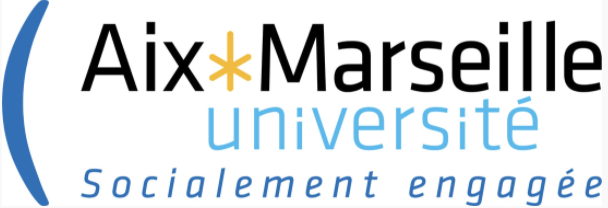Workshop on Automata Networks
14 – 17 July 2021
Comité scientifique
Julio Aracena (University of Concepción)
Pierre Guillon (CNRS – Aix-Marseille Université)
Kévin Perrot (Aix-Marseille Université)
Élisabeth Remy (CNRS – Aix-Marseille Université)
Adrien Richard (CNRS – Université de Nice-Côte d’Azur)
Lilian Salinas (University of Concepción)
Sylvain Sené (Aix-Marseille Université)
Guillaume Theyssier (CNRS – Aix-Marseille Université)
Contact: AUTOMATA-WAN-2021@LISTE.LIS-LAB.FR
The workshop will be held on 14-17 July, starting with a day in common with Automata 2021, which will be the opportunity to celebrate Eric Goles’ 70th birthday.
This workshop aims at bringing together, favoring exchanges and working together, through oral scientific presentations and joint thematic working sessions, the community that studies automata networks, from the perspective of mathematics and computer science.
This will notably be the place to take stock of recent advances in the field, and to identify open questions and inspire the community with promising theoretical and applied research directions.
Scientific context
From a general point of view, automata networks are discrete dynamical systems informally defined as sets of entities (the automata) – whose local states are discrete – that interact with each other over discrete time. In that way, cellular automata are particular automata networks so that the automata (the cells) are distributed into a regular topology, namely a cellular space. From a more applied point of view, automata networks are often considered and studied as finite dynamical systems. In this framework, they have been central in many works related to the modelling of complex systems, as communication networks, particle interaction networks, regulation networks, and social networks.
Whatever vision we have of automata networks, their study is a booming field, both in the most theoretical aspects and in those closer to applications. This is because they are fundamental for two reasons (mainly):
- their definition, and its intrinsic simplicity, which integrates the just necessary and allows you to focus on the essence of interactions (transmission of information);
- their ability to capture behavioral richness (and associated complexities) of the systems they model.
Among the central themes at the fundamental and applied levels are:
- links between static and dynamical characteristics;
- organisation of time and updating;
- importance of feedback and (non-)convergence;
- convergence time and behavioral optimization;
- simulation;
- modularity / compositionality.
Of course, this list is not exhaustive.
All oral contributions are made on the basis of invitations from the scientific committee. Participation to the workshop is free of charge but requires prior registration (more information will be available soon).
Matthew Macauley (Clemson University)
Matthew Macauley (Clemson University, US)
Elisa Tonello (Free University of Berlin)
Jorge G. T. Zañudo (Broad Institute of MIT and Harvard)







